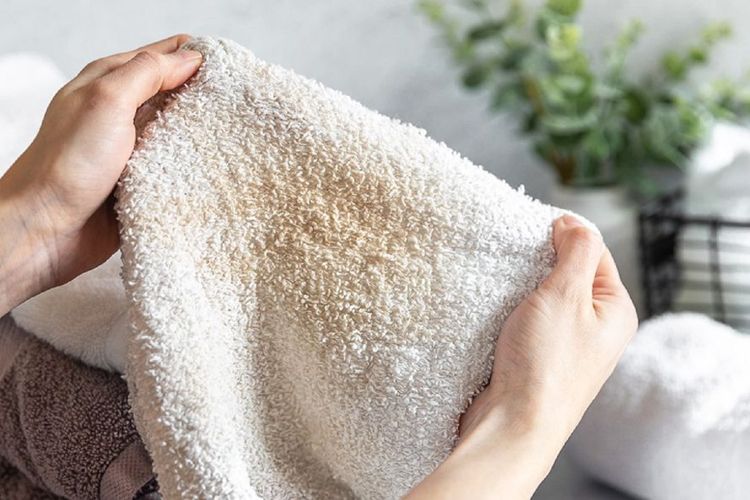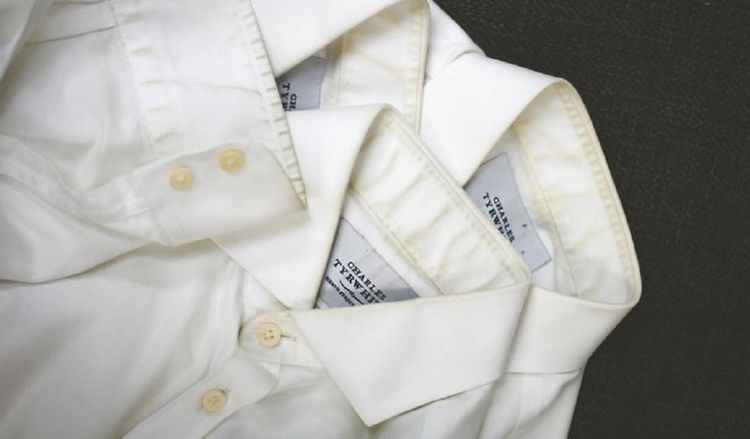How To Get Acrylic Paint Out Of White Clothes?

"Oops, I accidentally got paint on my white clothes, what should I do?"
Whether you are an experienced artist or a newbie to the world of painting, accidents can happen.
One moment you create a masterpiece, and the next, you realize you have splattered acrylic paint all over your favorite white shirt.
Don't panic! Removing acrylic paint from white clothes is possible with the right technique and a bit of patience. Let's explore the best methods for removing acrylic paint from white clothes, including using household items you may already have on hand.
Say goodbye to stained clothes and hello to a fresh, clean wardrobe with these expert tips!
1. Act Quickly.
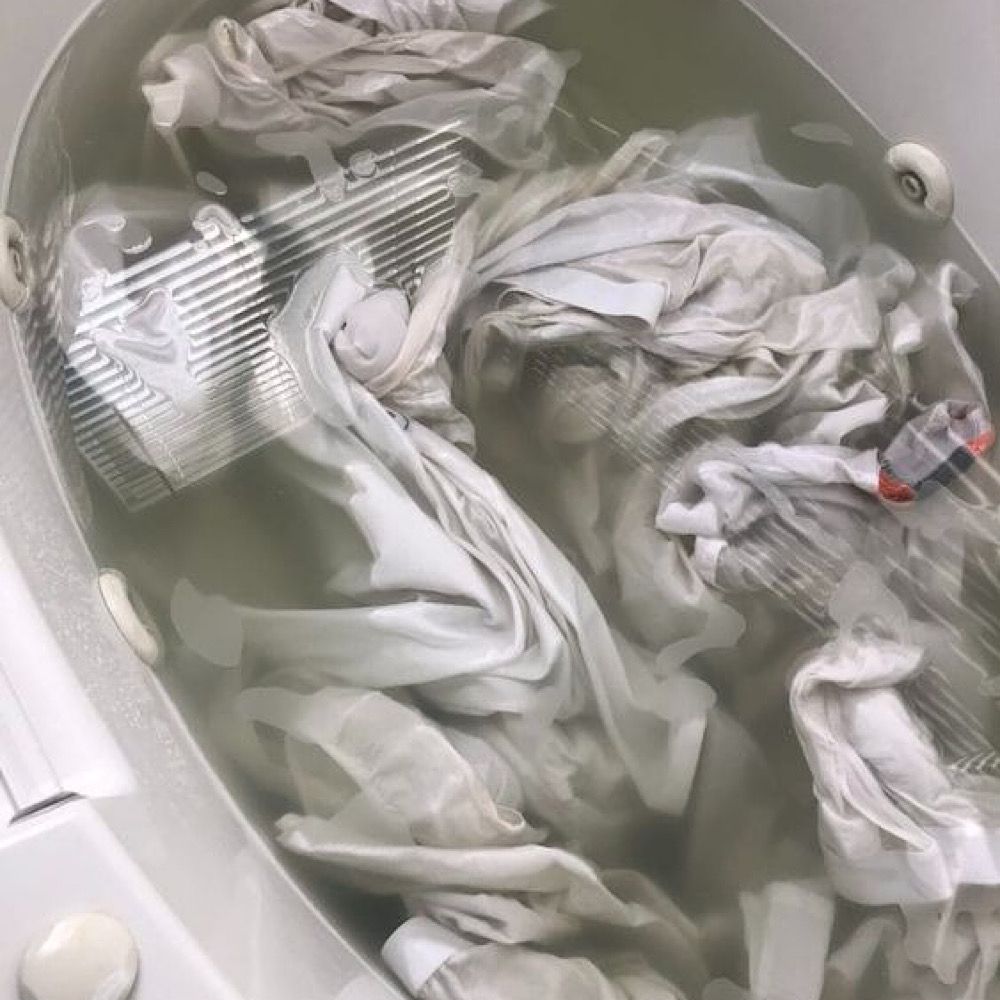
Acting quickly to remove acrylic paint from clothing is important because it is much easier to remove the wet paint before it dries and sets into the fabric fibers. Wet acrylic paint has not yet bonded with the fabric because it is still in a liquid form. With the proper cleaning techniques, it can be lifted off the cloth much more easily.
It becomes much more difficult to remove the paint once it has dried and set into the cloth. It can become embedded into the fabric and bond more securely with the fibers, increasing the fabric's resistance to cleaning.
This is why it is crucial to work swiftly to get the paint stain out of the fabric before it dries and sets.
2. Rinse With Cold Water.
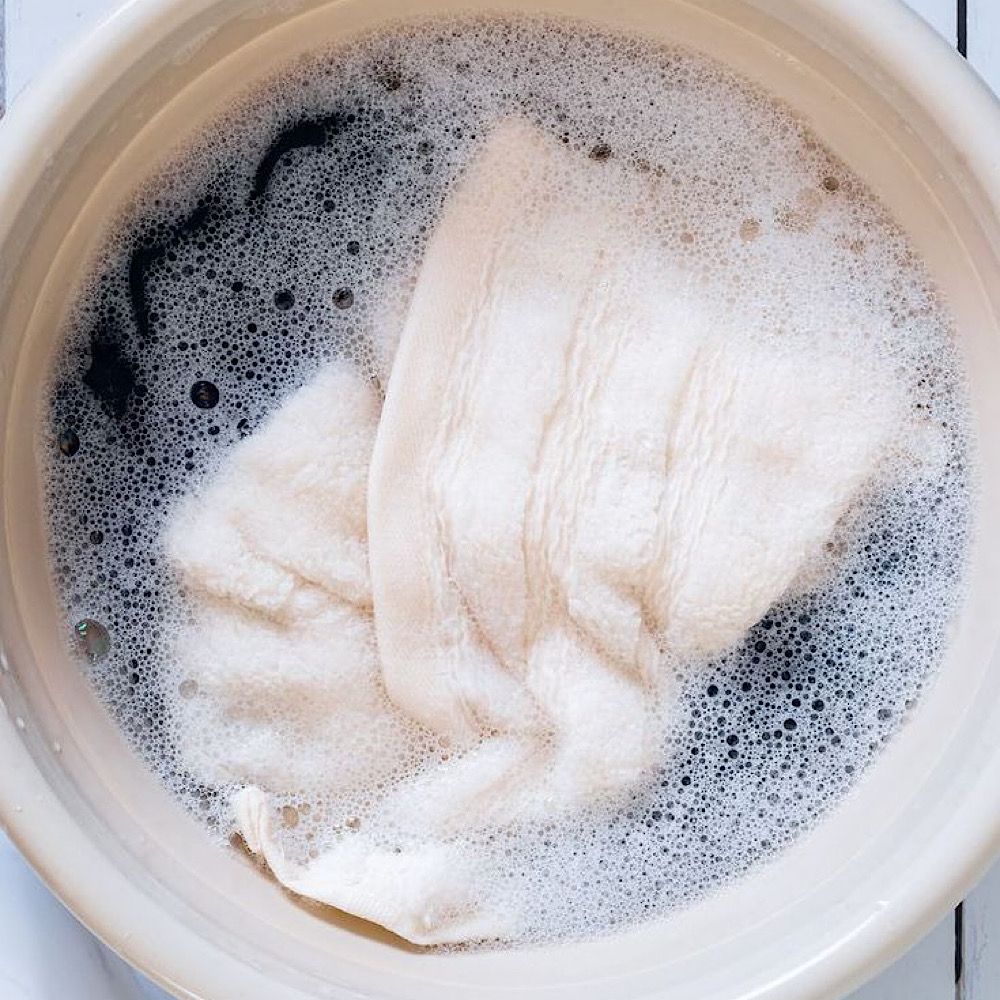
Rinsing with cold water can help remove acrylic paint from clothing because it flushes out as much of the paint as possible before it has a chance to dry and set into the fabric fibers. Cold water prevents the paint from spreading and becoming deeply ingrained in the cloth, making it easier to remove.
Acrylic paint can soften and degrade when it comes into contact with water. Rinsing the affected region with cold water can make the paint easier to remove from the fabric. Cold water can also prevent the paint from penetrating the fabric further or spreading to other areas of the apparel.
3. Apply Dish Soap.

Dish soap is effective because it is made to cut through grease and oil. When applied to the affected region, dish soap aids in loosening the paint, enabling it to be lifted off the cloth fibers.
The paint particles are attached to the soap molecules, which separate them from the fabric and make them easier to remove. Dish soap can also emulsify the paint, helping dissolve the paint particles in water and making them easier to wipe away.
It's important to note that not all dish soaps are created equal, and some may work better than others to remove stains from acrylic paint. To prevent harming the cloth, look for a dish soap that has strong detergents and a pH level near neutral (around 7).
After using dish soap, it's crucial to rinse the fabric thoroughly to remove any leftover residue.
.
4. Soak In Vinegar.
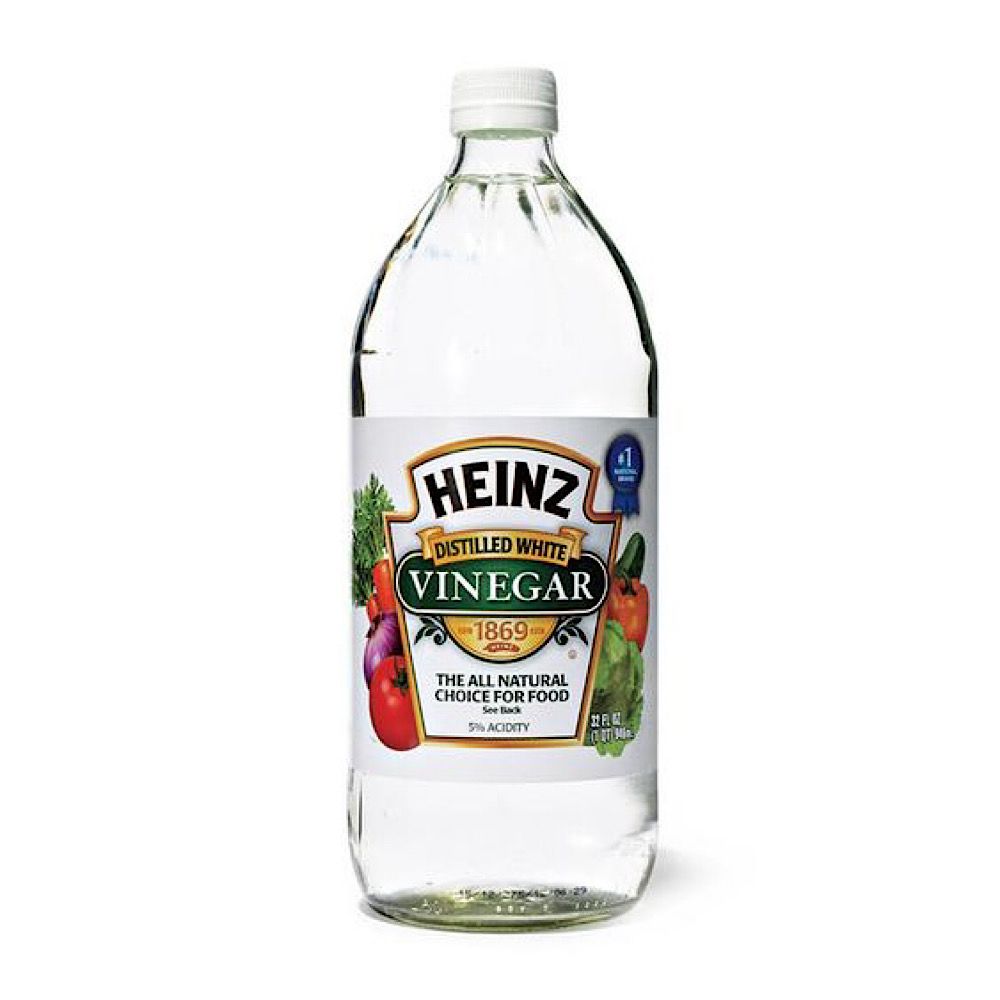
Soaking the stained region of clothing in white vinegar can help remove acrylic paint because the vinegar penetrates the fabric fibers and breaks down the paint particles. The acidic qualities of vinegar soften and dissolve the paint, making it easier to remove. After soaking the clothing in vinegar for a while, you should be able to rinse it under cool water and notice the paint stain starting to come out of the fabric.
It's important to note that the use of vinegar should be combined with other cleaning techniques, such as using dish soap or rubbing alcohol.
5. Scrub With Baking Soda.

Combining baking soda with water to make a paste and applying it to the stained region of clothing can help remove acrylic paint. The baking soda's abrasive properties gently scrub the paint particles from the fabric fibers.
Working the paste into the cloth with a soft-bristled brush helps lift the paint from the fabric. The longer you leave the paste on the stain, the more time it has to break down the paint particles.
After allowing the paste to settle for a few minutes, you should run cold water over the affected area to remove the baking soda paste and any loose paint particles. As a result, the size and intensity of the paint stain should significantly decrease.
It's important to note that baking soda can be abrasive, so it should only be applied to sturdy textiles rather than delicate or fragile ones. Additionally, before using any cleaning technique on a larger stain, try it on a small, discrete area of the clothing.
6. Wash The Clothing.
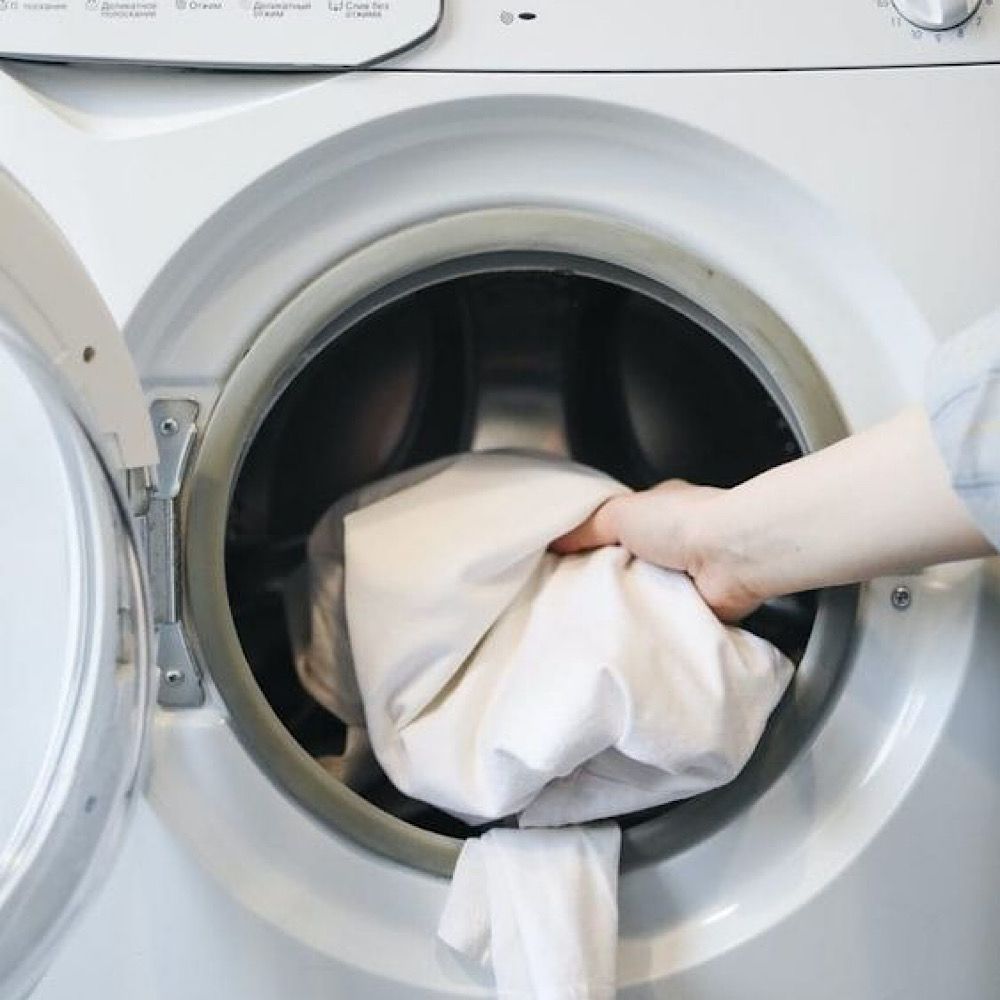
Washing garments with water and detergent can help remove acrylic paint by breaking down and dissolving any lingering paint particles. The detergent molecules adhere to the paint flecks and break them apart, allowing them to be washed away from the fabric fibers. The mechanical motion of the washing machine also helps agitate and remove any remaining traces of paint from the cloth.
It's important to note that not all acrylic paint stains can be removed by washing alone. If the paint has already dried and been set into the fabric, it may be more difficult to remove, and additional cleaning techniques may be required.
With these simple steps, you'll be able to restore your white clothes to their former glory in no time! So next time you accidentally get acrylic paint on your clothes, don't panic - just follow these tips and you'll be able to remove the stain easily.
Happy painting!
